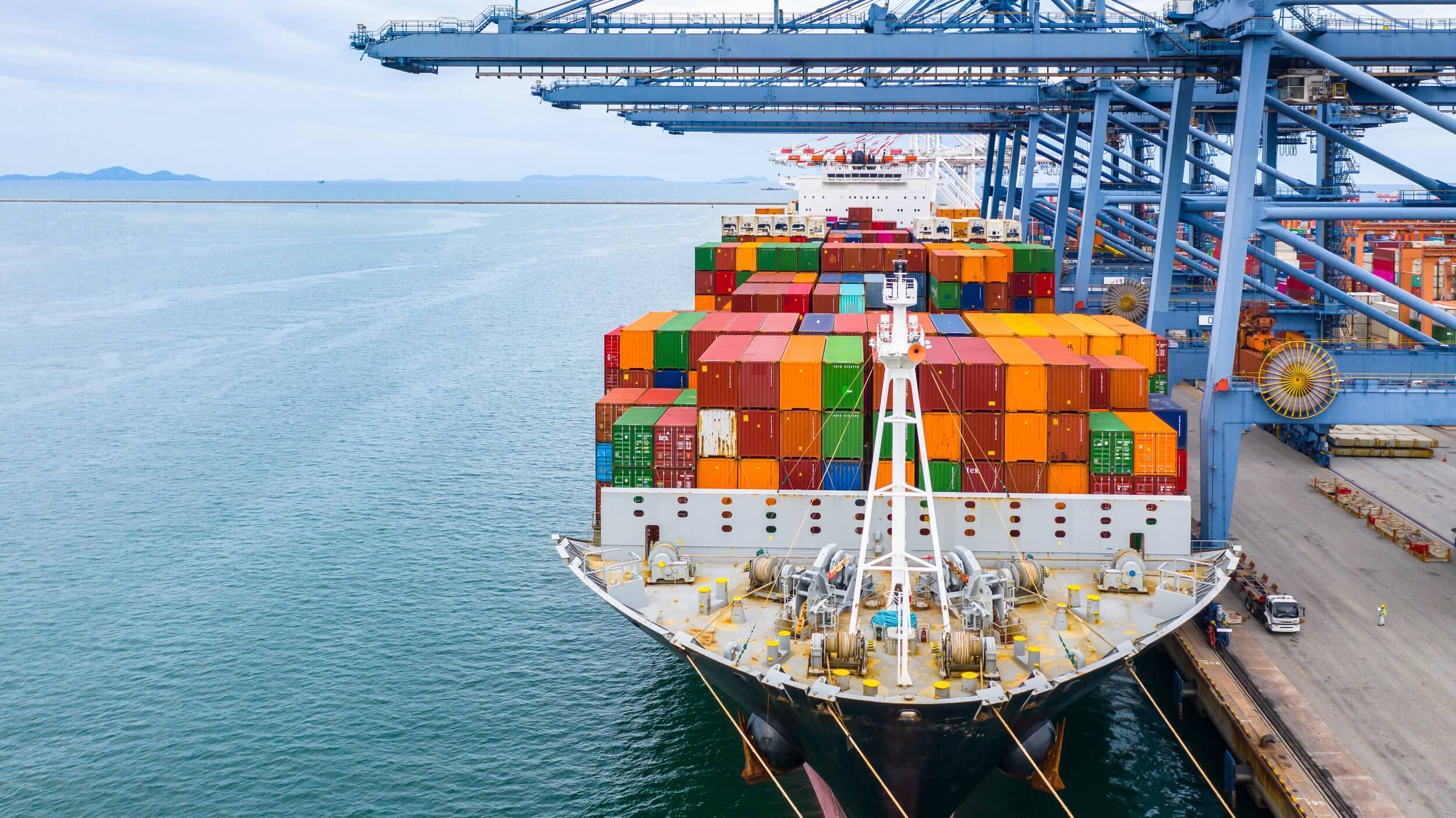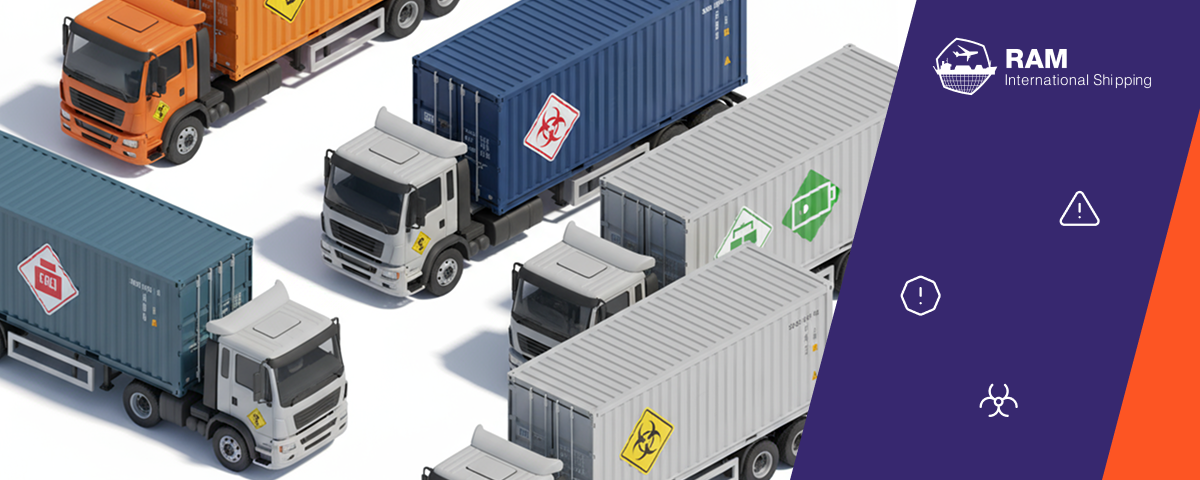
In the complex world of international shipping and logistics, understanding the various charges and fees associated with the transportation of goods is essential. One of the key charges that shippers and consignees often encounter is Terminal Handling Charges (THC). This article will explore what THC is, why it is applied, how it is calculated, and its importance in the overall shipping process.
What are Terminal Handling Charges (THC)?
Terminal Handling Charges (THC) refer to the fees levied by terminal operators for the services provided in handling containers at ports. These charges cover a range of activities, including the loading and unloading of containers from vessels, the use of port equipment, and other related services such as storage, inspection, and document processing.
THC is applicable for both import and export shipments and is an integral part of the overall shipping cost. The charges vary depending on the port, the type of cargo, and the services required.
Why Are Terminal Handling Charges Applied?
THC is applied to cover the costs incurred by terminal operators in managing and maintaining port facilities and equipment. The charges are essential for several reasons:
- Infrastructure Maintenance: Ports require significant infrastructure, such as cranes, storage facilities, and handling equipment, which need regular maintenance and upgrades. THC helps cover these costs.
- Labor Costs: Terminal handling involves a substantial workforce to manage the loading and unloading of containers, cargo inspection, and documentation. THC contributes to labor costs.
- Security and Safety: Ports must ensure the security and safety of cargo, personnel, and facilities. THC helps fund security measures, surveillance systems, and safety protocols.
- Efficient Operations: The efficient handling of cargo requires sophisticated systems and technology. THC supports the implementation and maintenance of these systems, ensuring smooth operations.
How Are Terminal Handling Charges Calculated?
The calculation of THC can vary based on several factors, including the port, type of container, and the specific services provided. Here are some key aspects that influence THC calculation:
- Container Size and Type: THC rates can differ based on the size of the container (e.g., 20-foot, 40-foot) and the type (e.g., standard, refrigerated). Larger or specialized containers may incur higher charges.
- Port Location: THC can vary significantly between ports due to differences in infrastructure, labor costs, and local regulations. Major ports with advanced facilities may charge higher THC.
- Nature of Cargo: The type of cargo being handled can also impact THC. For example, hazardous materials or oversized cargo may require special handling and incur additional charges.
- Additional Services: If additional services such as storage, inspection, or customs clearance are required, these can be included in the THC or charged separately.
Examples of Terminal Handling Charges
To illustrate how THC might be applied, consider the following hypothetical examples:
- Standard Container: For a standard 20-foot container at a major international port, the THC might be $200, covering basic handling, loading/unloading, and standard documentation.
- Refrigerated Container: For a 40-foot refrigerated container, the THC could be higher, say $300, due to the need for specialized equipment and handling.
- Hazardous Cargo: If the cargo is classified as hazardous, the THC might include additional charges for safety measures and special handling, potentially increasing the total cost.
Importance of Terminal Handling Charges in Shipping
THC is an essential component of the total shipping cost and plays a vital role in the overall logistics process. Here’s why understanding THC is important:
- Cost Management: For shippers and consignees, accurately estimating THC is crucial for budgeting and cost management. Understanding these charges helps avoid unexpected expenses and ensures accurate freight cost calculations.
- Transparency: Knowing the breakdown of THC provides transparency in the shipping process. It helps shippers understand what they are paying for and ensures that all parties are clear on the costs involved.
- Service Quality: THC reflects the quality and efficiency of port services. Ports with higher THC may offer advanced facilities, better security, and faster processing times, contributing to a smoother shipping experience.
- Negotiation: In some cases, shippers may have the opportunity to negotiate THC rates, especially for large volumes of cargo or long-term contracts. Being informed about THC helps in such negotiations.
Conclusion
Terminal Handling Charges (THC) are a fundamental part of the shipping and logistics industry, covering the costs associated with handling containers at ports. These charges ensure that ports can maintain infrastructure, provide necessary services, and uphold security and safety standards. For shippers and consignees, understanding THC is essential for accurate cost management and smooth logistics operations. As international trade continues to grow, being knowledgeable about THC and other shipping-related charges will remain crucial for anyone involved in global commerce.
If you have any questions about THC or need assistance with your shipping and logistics needs, don’t hesitate to contact RAM International Shipping. Our experienced team is here to help you navigate the complexities of international shipping and ensure a seamless experience. Get in touch with us today to learn more about our services!



